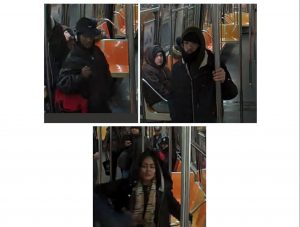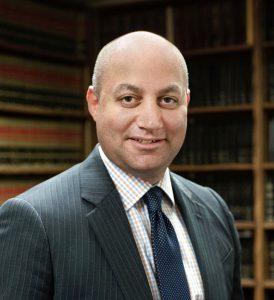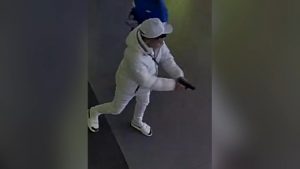Representative Alexandria Ocasio-Cortez of New York reintroduced
a bill in the US House of Representatives on Friday to put immigrants who
cleared debris after the September 11 attacks on a fast track to legal
immigration status in the United States. Ocasio-Cortez was joined by two other
members of the House in the effort.
The 9/11 Immigrant Worker Freedom Act is a revised version
of a bill that her predecessor in the House former Representative Joseph
Crowley of New York introduced in 2017. The bill did not advance in the House
at that time.
Immigrants in New York, many of whom are Spanish-speaking
clean-up workers, have long been demanding legal immigration status in the
US as compensation for their work and the subsequent health problems they
suffered after the attacks.
The workers were hired informally by cleaning companies and
cleared debris, asbestos, and dust inside lower Manhattan buildings for months
without adequate protective gear.
New York Representatives Adriano Espaillat and Grace Meng are
lead co-sponsors of the bill.
“By stepping up for our country at a critical moment,
these individuals sacrificed their mental, emotional, and physical
health”, Ocasio-Cortez, Espaillat, and Meng said in submitted testimony
before the House Judiciary Committee, the Associated Press reported.
Prospects for passage of the bill now, even with Democratic
control of Congress, are highly uncertain, with the parties deeply divided over
most immigration legislation. Advocates suffered a major setback after the
Senate parliamentarian told Democrats last month that their proposal for
helping millions of immigrants stay in the US permanently could not be included
in President Joe Biden’s social spending and environmental policy bill.
Ocasio-Cortez, Espaillat, and
Meng estimated in their submitted testimony that about 2,000 individuals could be eligible for adjustment
of status under their legislation.
Clean-up workers would be able to apply for
legal status and receive work authorization during the pendency of the
application if the bill is enacted, the testimony said.
The bill is different from Crowley’s in that, among other
things, it eliminates the requirement that individuals must have paid their
taxes to apply and it expands eligibility to people who are undergoing removal
proceedings at the time the benefits become available.
The Judiciary Committee is required to mark the bill up and
advance it to the full House for consideration if it has to move forward.







